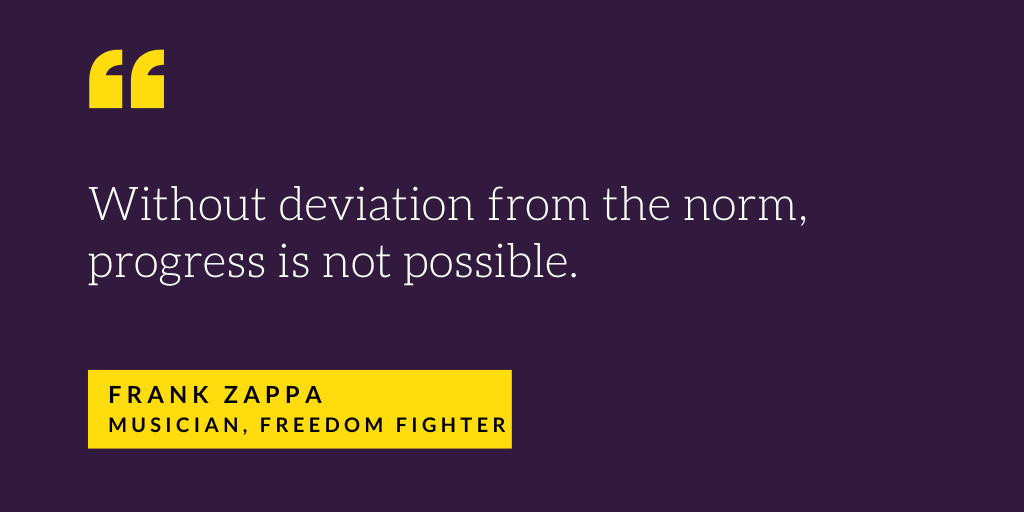The legacy of engineers, architects, and planners.
It's hard work to resist the pressure & paychecks of the status quo.
The built environment giveth and it taketh away.
Professional services like architecture, city planning, and civil engineering are capable of incredible good. A quick internet search will show inspirational examples of vibrant towns, delightful parks, robust bicycle infrastructure, front yard businesses, and back yard affordable housing.
Do another internet search with different keywords and you’ll find policies and plans that prohibit all those wonderful things in communities across America. There are direct connections between our health (mental & physical) and our surroundings. The built environment matters. It soothes minds and bodies, and it unnerves minds and bodies. It can save life or take life.
The top causes of death can all be reduced by an active lifestyle. But what’s the point in knowing that, if experts are planning and designing active living out of our surroundings?
One way to stir up a sense of urgency is to think about your professional legacy.
Think about legacy as an individual, as a company, and as an employer. Think about legacy as someone who’s supposed to serve the public.
It’s hard for experts to stomach the thought that standards need to be raised because after all, we're professionals. The average person is trained to trust someone who's highly educated, so there’s a constant subtle message that things are fine. If modern standards for the built environment are lacking, then wouldn’t the professionals before us have done something about it?
We’re smart. We have degrees. We like being smart. We like our degrees.
It’s agonizing when you discover your profession delivers ongoing physical, mental, and financial harm to communities. So what should smart people do when they discover systemic deficiencies? Grab a keyboard or mic and speak up, that’s what.
Imagine someone reading your bio 5, 10, 50 years from now. Will your legacy be about someone who earned good grades and followed the rules? Or will it be about someone who did their part to improve the human experience, even when it required deviating from the industry norms?
Leadership, management, and intellectual riots.
It’s common to be put on the management path after a certain number of years. You take the reins of the team or brand and make sure others fall in line. Management is overseeing a vetted and approved process.
Leadership is different. A leader can’t be fully prepared for anything. Being fully prepared means it’s been done a million times. I’m not saying management is bad, just that it’s a different role with different purposes. Managers can help achieve wonderful advancements in professional services by following the leader into new territory.
As an industry, as employers, as managers who want to be leaders -- stop rewarding loyalty and conformity. Loyalty programs are for airline points, not for professional services. Reward people who have the audacity to serve the public interest.
You can raise the standards from ability now and into the future. You can save and improve lives every year with your work. You can expand individual liberty. You can be that leader.
But let’s be honest. Look at how little planning and engineering has changed its design philosophy in the last 100 years. Serving the public interest is going to take an intellectual riot.
Some of you aren't ready for that. But for those of you who are, I can't wait to see what you do next.







